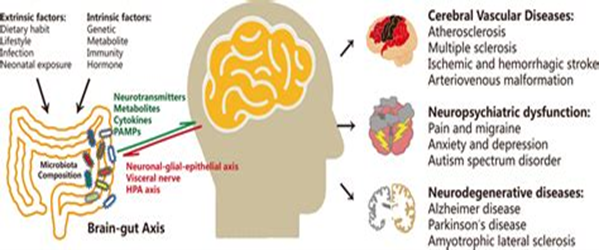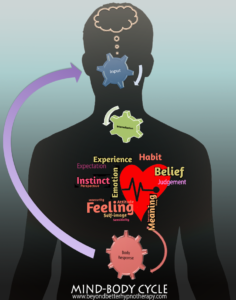Functional Medicine and Anxiety
Anxiety is a pervasive mental health condition that affects millions of people worldwide. Characterized by persistent worry, fear, and unease, anxiety can significantly impact an individual’s daily life, relationships, and overall well-being. Traditional approaches to treating anxiety often involve pharmaceutical interventions and therapy. However, an alternative and increasingly popular approach gaining traction is Functional Medicine. In this article, we will explore how Functional Medicine can be a valuable tool in addressing anxiety, focusing on its holistic and personalized approach to healthcare.
Functional Medicine is a patient-centered, science-based approach to healthcare that seeks to identify and address the root causes of illness rather than merely managing symptoms. It looks at the interconnectedness of the body’s systems and how they interact to maintain health or promote disease. This approach recognizes that each individual is unique, and no one-size-fits-all solution exists for any health condition, including anxiety.
The Role of the Gut-Brain Axis

Functional Medicine practitioners emphasize the significance of the gut-brain axis, a complex bidirectional communication system between the gut and the brain. Emerging research indicates that imbalances in gut microbiota can influence brain function and behavior, potentially contributing to anxiety and other mental health disorders.
In cases of anxiety, the gut-brain axis can play a crucial role. Chronic stress and anxiety can disrupt the balance of gut bacteria, leading to inflammation and neurotransmitter imbalances. By addressing gut health and promoting a balanced microbiome, Functional Medicine can potentially alleviate anxiety symptoms at their root.
Nutritional Interventions

Functional Medicine places great emphasis on the role of nutrition in overall health and well-being. Studies have shown that certain nutrients, such as omega-3 fatty acids, magnesium, and B vitamins, play vital roles in brain function and mood regulation. In many cases, individuals with anxiety may have nutrient deficiencies that exacerbate their symptoms.
Functional Medicine practitioners often conduct comprehensive testing to identify nutritional deficiencies and tailor personalized dietary plans to address these imbalances. By optimizing nutrient intake, the body’s ability to manage stress and anxiety may improve significantly.
Lifestyle Modifications

Lifestyle factors, including sleep, exercise, and stress management, can significantly impact anxiety levels. Functional Medicine acknowledges the importance of a well-rounded approach that includes healthy lifestyle habits to support mental well-being.
Sleep is essential for emotional regulation and cognitive function. Addressing sleep disturbances through proper sleep hygiene and targeted interventions can positively influence anxiety symptoms. Regular exercise has also been shown to reduce anxiety by promoting the release of endorphins and improving overall mood.
Stress management techniques, such as mindfulness meditation, yoga, and deep breathing exercises, are often integrated into Functional Medicine treatment plans. These practices can help regulate the body’s stress response and provide individuals with valuable tools to cope with anxiety triggers.
Mind-Body Connection

Functional Medicine recognizes the intimate connection between the mind and body. Psychological factors, such as past traumas, unresolved emotional issues, and negative thought patterns, can contribute to anxiety. Addressing these underlying psychological factors is an essential aspect of the Functional Medicine approach.
Therapies like cognitive-behavioral therapy (CBT) and other mind-body techniques are often combined with Functional Medicine interventions to promote emotional healing and resilience. By exploring the mind-body connection, individuals can gain a deeper understanding of their anxiety and develop strategies to manage it effectively.
Conclusion
Anxiety is a complex and multi-faceted condition that requires a personalized approach to treatment. Functional Medicine offers a comprehensive and individualized perspective, recognizing the intricate connections between different bodily systems and their role in mental health.
By addressing the gut-brain axis, optimizing nutrition, incorporating lifestyle modifications, and exploring the mind-body connection, Functional Medicine provides a holistic approach to managing anxiety. Although it may not be a standalone solution for everyone, Functional Medicine can be a valuable adjunct to traditional treatments, providing patients with a unique toolkit to enhance their mental well-being and improve their overall quality of life. As research in this field continues to evolve, the integration of Functional Medicine in anxiety treatment holds promising potential for a brighter and calmer future for those affected by this condition.
To get more information on functional medicine and anxiety, schedule a free consultation with Dr. Mark A. Scott of Total Health Center today.

